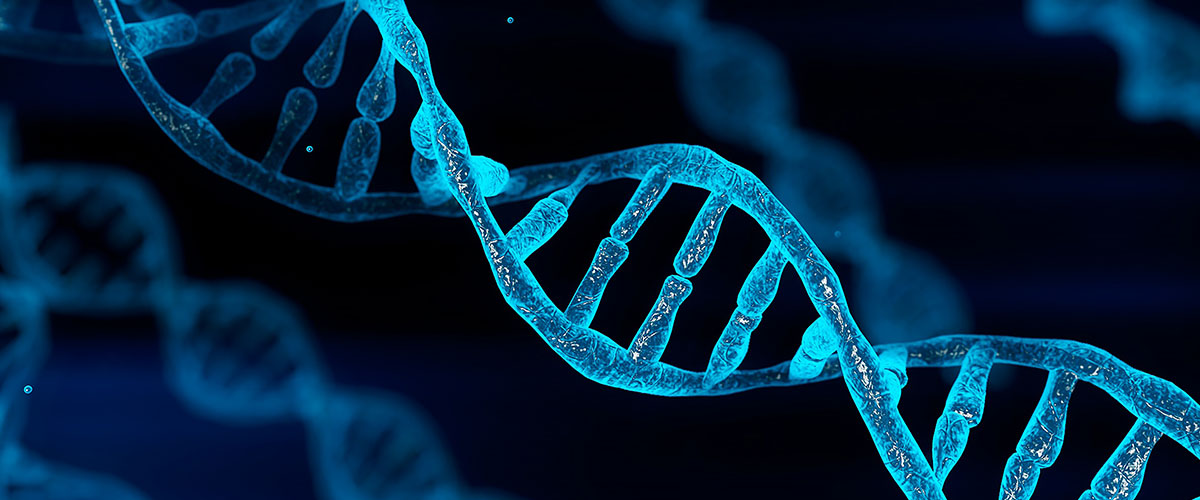)
Liquid biopsy for the detection of drug-targetable mutation in lung cancer patients
Project Title: Liquid biopsy for the detection of drug-targetable mutation in lung cancer patients
Project Duration: 2023-2025
MOHCCN Consortium: Atlantic Cancer Consortium (ACC)
Investigators: Drs. Zhaolin Xu and Michael Carter
Partners:
QEII HSC Dept. of Pathology and Molecular lab, QEII HSC Lung Tumor Bank
Aim/goals:
Evaluate the sensitivity and specificity of liquid biopsy to detect the actionable mutations of lung cancer.
Identify and compare the gene mutation profile in early stage and advanced stage lung cancer.
Perform the comparative analysis of different variants of driver genes in blood, and FFPE tumor tissues and correlate with whole genome analysis from the “gold cohort”.
Correlate molecular profiling with clinical and pathological characteristics and PD-L1 status.
Summary:
Precise identification of the driver gene allows targeted therapy that has become an important component in modern oncology. Tissue samples are routinely used for molecular profiling, which requires invasive surgical procedures with risks of complications. Such biopsy facilities are not always accessible in various parts of the country especially in the rural areas. In addition, a small amount of tissue sample left from routine tissue diagnosis may be insufficient for subsequent molecular profiling. To circumvent it, a novel approach known as liquid biopsy can provide an alternative way for the detection of gene mutations. Liquid biopsy uses peripheral blood samples instead of tissue biopsy to analyze the circulating cell free DNA and RNA in a non-invasive fashion. The blood samples can be easily obtained even in the remote locations. It is also an ideal method to identify resistant gene mutations such as EGFR T790M in recurrent lung cancer patients after targeted therapy. This technology can offer the flexibility in a non- invasive way with reduced risks comparing to a tissue biopsy with significant clinical impact. Correlation of whole genome sequencing (gold cohort) of lung cancer tissue and findings in the liquid biopsy provides very useful information from scientific and clinical aspects not only for identifying know driver genes but also for discovering potentially new drivers.
This liquid biopsy project will use the samples from the QEII Lung Tumor Bank to evaluate the sensitivity and specificity of the test regarding the identification of driver gene mutations in lung cancer patients; to identify and compare the gene mutation profile in early stage (stage I and II) and advanced stage (III and IV) of lung cancer cases to see any differences which could provide useful information and potentially impact on clinical practice; to perform the comparative analysis of different variants of driver genes in blood, and FFPE tumor tissues of lung cancer and correlate with whole genome analysis using matched fresh tumor and normal lung tissue from the “gold cohort”; and to correlate molecular profiling of lung cancer with clinical and pathological characteristics and immune check point PD-L1 status. The project will provide useful information with significant clinical impact.
